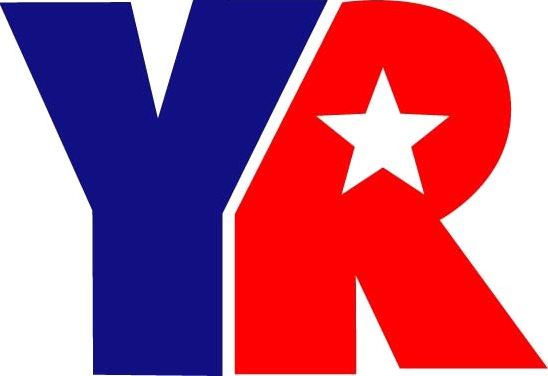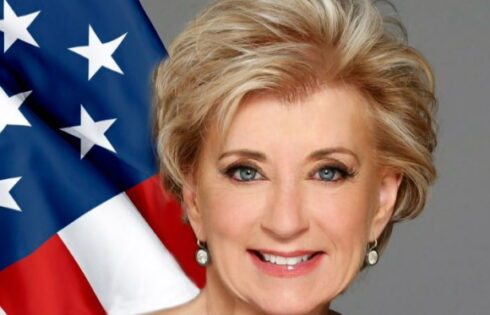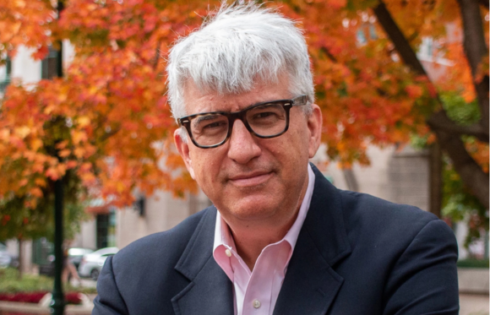
Baylor Myers, chairman of the Ohio-based Miami University College Republicans, has a little advice for Republicans who seek the support of young voters as they run for office.
“For young voters, the Republican Party’s greatest appeal is economic policy,” he said.
Most college students and young professionals are well aware of the need for fiscal reform, he told The College Fix – it’s something everyone can get behind.
Myers is not alone. Campus republican leaders at several colleges across the nation told The College Fix that in order to improve the party’s image with young voters, it needs to hone in on something everyone can agree on: fixing the economy.
Forget putting social issues at the top of the platform, Myers said. What matters most are balanced budgets, lower taxes, and reduced Main Street regulation, he said.
“There are plenty of American youth voters who believe in the GOP and who are proud to be a member of the party that ended slavery and promotes individualism and equal opportunity,” he said.
He’s not the only college Republican who feels that way.
“(We’re) very interested and concerned about the current state of the economy and the federal deficit,” said Thomas Bates, chairman of the Idaho State University College Republicans.
Nicholas Chapa, vice chairman of the Shippensburg University College Republicans, echoed those sentiments, saying the Republican Party needs to focus on fiscal policy.
In the past two presidential elections, the youth vote overwhelmingly supported the Democratic presidential candidate, with President Obama securing 60 percent of the youth vote in 2008 and 66 percent in 2012. Emerging as the Democratic Party’s most loyal age group, under-30 voters are affiliating themselves with the Left and are, importantly, increasingly entering the American electorate.
Only 29 percent of under-30 voters affiliate themselves with the Republican Party, while 45 percent affiliate themselves with the Democratic Party. In 2000, youth voters were almost evenly split between the two parties, with 35 percent identifying as Republican and 36 percent identifying as Democrat. Thus, in just twelve years Republican identification has dropped by six points.
Since the conclusion of the 2012 presidential race, many articles have been disseminated discussing the implications of the left-leaning American youth vote. As journalists, strategists, pundits and politicians on both sides of the aisle attempt to understand the political mentality of this millennial cohort, most conversation revolves around the “typical” embodiment of the young voter.
For instance, The New York Times recently ran an article interviewing college students matriculating at the University of Montana. Headlined “Young, Liberal and Open to Big Government,” this article expanded upon a surprising sentiment that recent research has introduced: a majority (69 percent) of young voters believe in an expanded role of government.
But Chapa, Myers and Bates represent the rest of the America’s youth who still believe in small government and rugged individualism, and they said the under-30 Republican crowd is just as discouraged as its over-30 counterparts regarding an ever-growing governmental role.
Myers, like many of his peers, said he’s frustrated that a significant portion of his paycheck is taken out for taxes.
For Republicans, Bates said, the problem with prioritizing social issues during campaigns is that Republicans land all over the map on those issues, and the rhetoric on such topics can rub young college conservatives and libertarians the wrong way.
The solution, he said, lies not with the Republican Party changing its positions, but rather “its tone.”
When it comes to young female college conservative voters, the Republican campus leaders said their peers were “horrified by the derogatory and backward comments” of extremely Right-leaning politicians. They stressed Republicans are “losing points” with center-right youth voters as they “become turned off” from such harsh rhetoric.
“Put less emphasis on divisive issues such as gay marriage and women’s reproductive rights,” Myers said, adding if Republican rhetoric can become more “inclusive” and “articulate” it might demonstrate its capacity to be representative of a country wherein each individual confronts a daily economic reality – a dismal economy.
It is here where Myers believes there is “a more strategic fight to be had.”
Fix contributor Elizabeth Husmann graduated from Shippensburg University in 2008 with a B.A. in psychology; Miami University in 2009 with a M.A. in political science; and is currently finishing her doctorate degree in political science at Idaho State University.
CLICK HERE to Like The College Fix on Facebook.




Please join the conversation about our stories on Facebook, Twitter, Instagram, Reddit, MeWe, Rumble, Gab, Minds and Gettr.